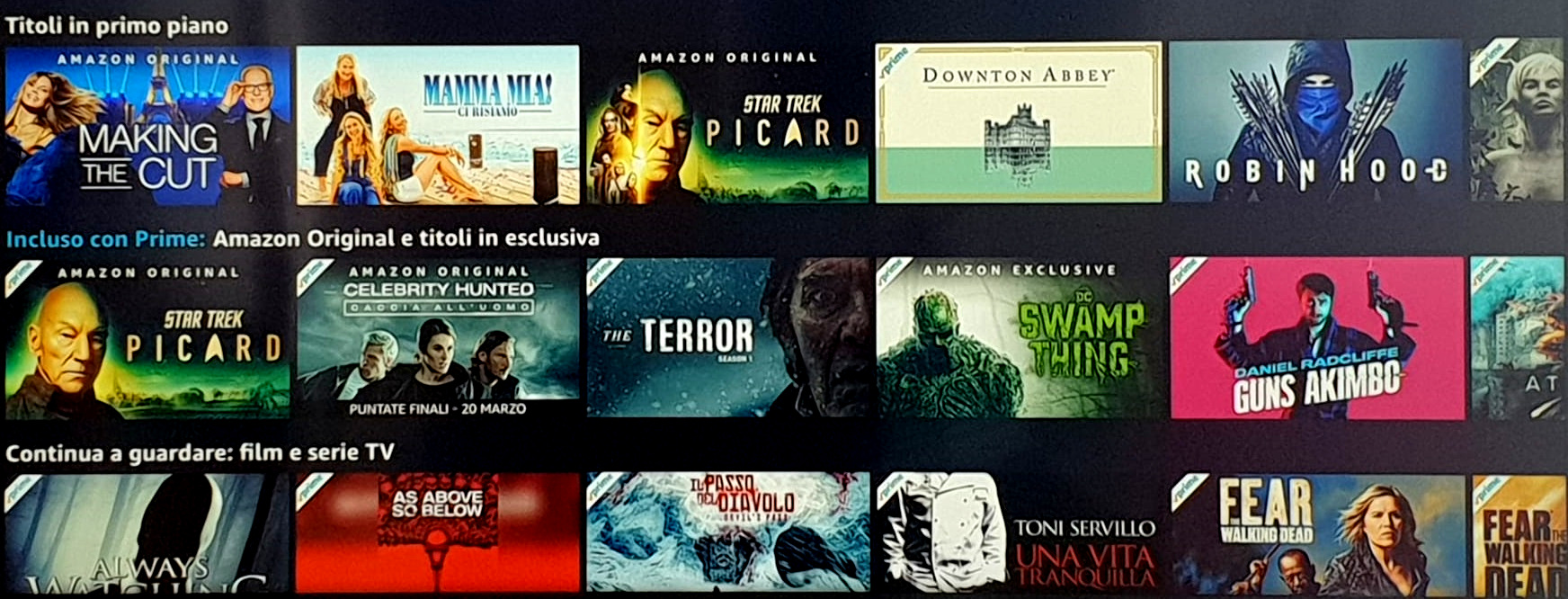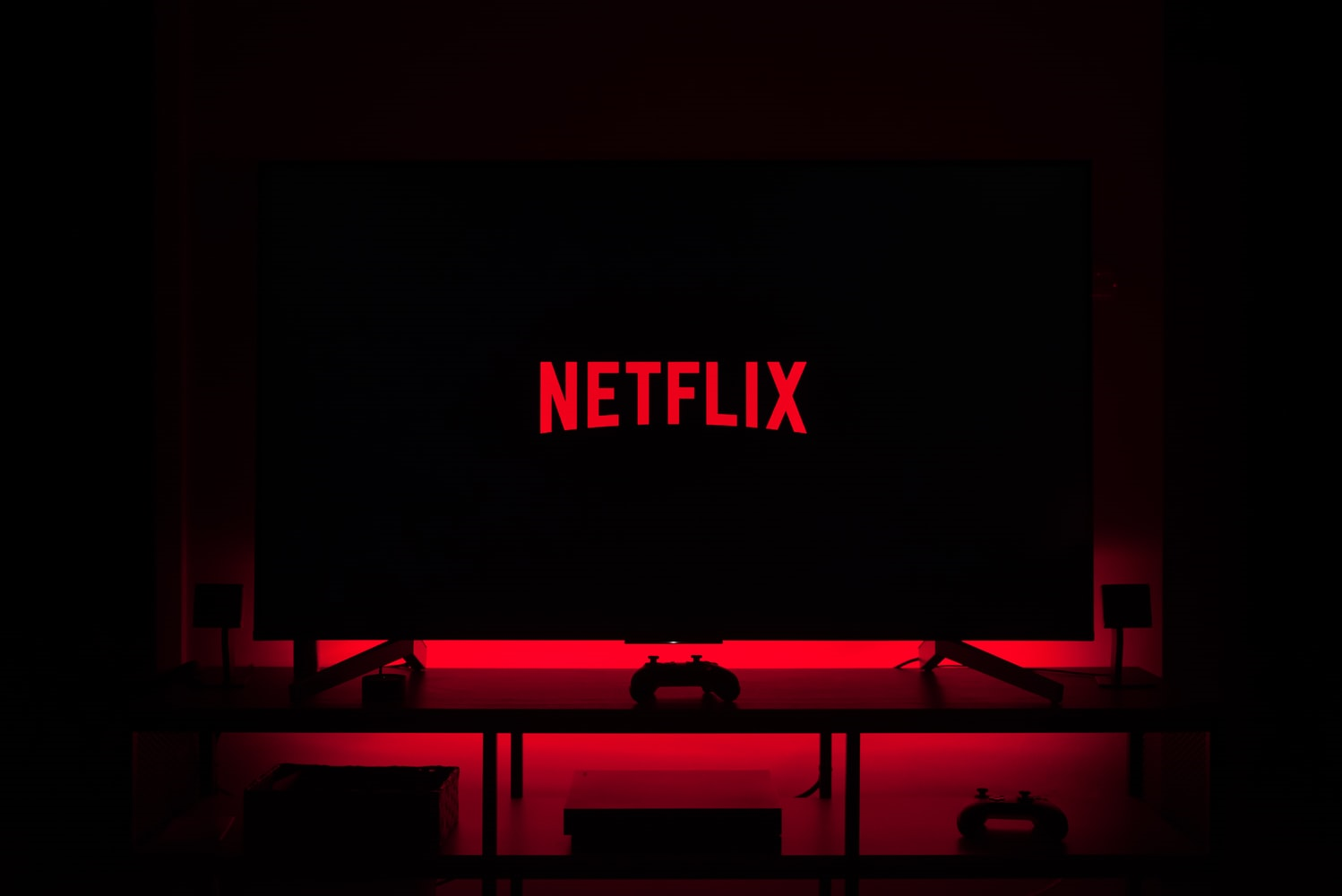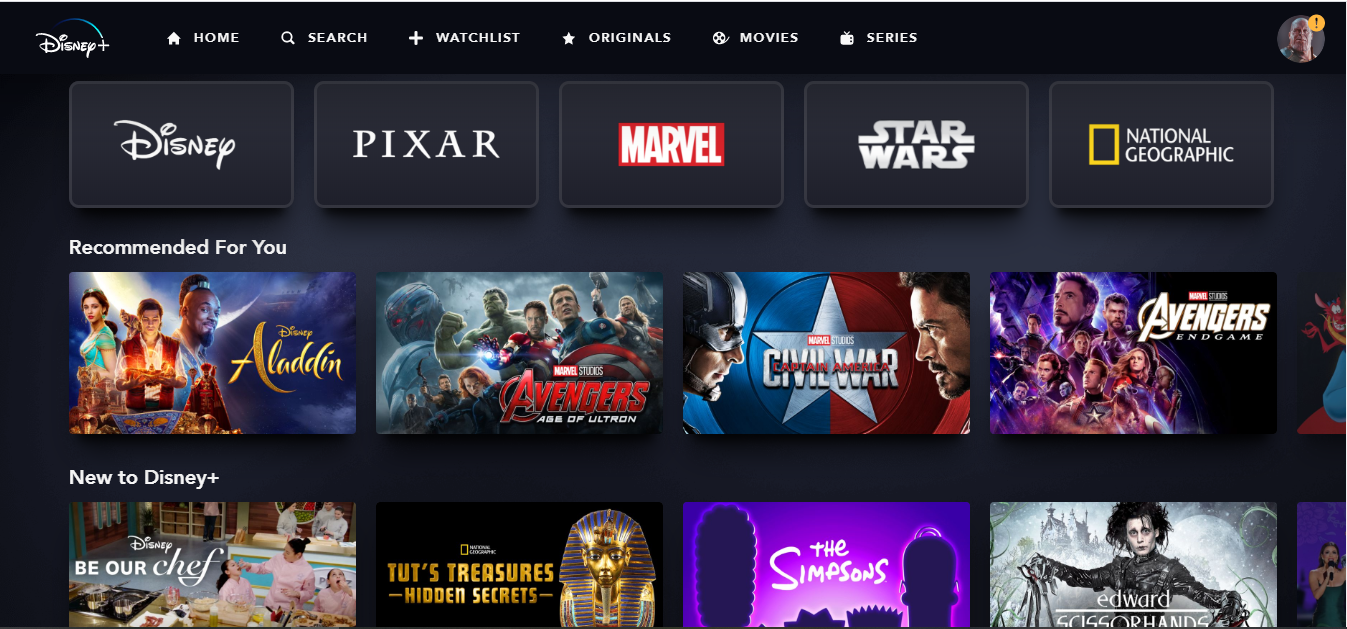The way we consume TV series has dramatically changed, both technically and productively, following the development of online platforms such as Netflix and Amazon Prime.
Exploiting these new opportunities, producers started to create original contents specifically dedicated to those online platform, reaching success rapidly. Video streaming platform currently accounts for over 60% of all internet traffic and many analysts predict it will reach 85% before 2020.1
Netflix was born in 1997 as a rental service via internet, selling and renting mainly video games and DVDs sent by mail. In 2008, it turned into a platform dedicated to online streaming of on demand of various TV series and movies. Today, with the exceptions of China, Crimea, Syria and North Korea, the streaming service is available in every country around the world.2
Netflix spent billions and indebted itself for more billions to develop hundreds of original titles or to assure the rights to distribute internationally contents produced by other companies. House of Cards represented the watershed for the production and distribution of serial contents, not only because it was not produced by the traditional networks, but also because it was the first time that an entire series was released in a single day. This offered to the customer the chance to see what they wanted, when they wanted. This strategy fastly become what distinguished Netflix from the competition and it has been the main reason linked to its success.

Netflix growth since the release of “House of Cards” first season in 2013 has been impressive. The paradigma the company followed to reach its goals was to distribute a mix of contents produced by others with original in-house productions. In light of this strategy, a fundamental role was covered by the deals stroke with third party companies to either produce original contents or to distribute internationally series and movies produced for other networks or for theaters. In order to enrich its catalogue, Netflix also pitched concepts discarded or renewed loved series cancelled by other networks.
Meanwhile, Netflix invested heavily on in-house productions of original contents. The efforts were rewarded with the success among both viewers and critics of series such as “Orange Is The New Black”, “Stranger Things” or “Sense8”. At the same time, the company has started to produce original contents in other countries. This is the case with the recent hit “Dark” produced in Germany, or of “Money Haste” produced in Spain. These contents helped to reach a wider and heterogeneous audience.
But Netflix growth cannot be explained just by the sheer quantity or quality of its contents. Another fundamental part of the “Netflix Paradigma” is the modulation of its offer to users. There are three possible plans with varying costs. The basic plan offers the chance to watch the shows on one screen at the same time, while the premium grant the possibility to watch Netflix on four screens simultaneously. Netflix also incentivated account sharing among family members and friends, in order to have a stronger penetration on every market.
Traditional TV series release one episode per week, are built and consumed in a different way from the ones produced by Netflix and Amazon (Prime video). While the common goal of any serial product is to satisfy the audience and, even more, to be consumed, what changes is the approach selected to make it happen. While Traditional TV series exploited and still exploit cliffhangers (the moment at the end of the episode when something is about to happen but the story stops abruptly for the viewers) to keep watchers’ interest alive until the s episode. While you’re watching this kind of series, the time spent between episodes is a part of the show. The story is constructed to exploit the way in which it will be seen. It gives you time to reflect, to discuss and let opinions settle, it makes you grow with the characters as established by the programming.
Online platforms have changed everything. While it is still necessary to develop an intriguing story, having a catchy first episodes and a series of events that keep the viewer’s interest alive, cliffhangers are not necessary anymore.
Online platforms have changed everything. While it is still necessary to develop an intriguing story, having a catchy first episodes and a series of events that keep the viewer’s interest alive, cliffhangers are not necessary anymore. Online tv series aim to be binge-watched: after the end of one episode, there is another one already there, available and ready to be watched. Binge-watching is a phenomenon consisting in watching all the episodes of a tv series in a short time span, reinventing the concept of seriality and the way of fruition of their products. Binge-watching gives you everything right away and then it is up to you to decide when you will watch the series. But thanks to this shift in strategy, the tv series can start slowly, present the elements and the question little by little and enrich the story with details with a different pace, knowing that probably it will not take a week before the viewers will enjoy another episode and, in this way, limiting the risks that they will not remember something. This was, without any doubt, a winning strategy.

But is everything as perfect as it actually seems? The straight answer to this question is a “no”.
Netflix can cause problems to us viewers: sure, watching episodes after episodes of your favorite show feel amazing, but how does it impact our brain function? When we are engaged in an enjoyable activity like binge-watching, our brain releases dopamines, which are the body own pleasure chemicals. Therefore, the addiction to our favourite tv shows is caused by the dopamines produced by our body. This means that the addiction to binge-watching may be compared to the addiction to strong drugs, having similar effects on our own bodies. It has been found that an excessive watching of shows can also adversely affect other aspects of our life: binge-watching night after night and day after day can very easily turn into a vicious cycle. 3
Binge-watching night after night and day after day can very easily turn into a vicious cycle.
But it’s not only of our psychological and physical health that should concern Netflix. The shift from external productions to in-house ones caused an increase in the costs the company had to face. Theses costs were transferred on the users who have seen, in less than five years, the prices raise two times. At the same time, while the quantity of productions have been increasing, their quality seems to be declining. Many productions have been cancelled after just one season, causing discontent in viewers whom would like to know more information about how the fate of a series on the platform is decided
Netflix has also to face new competitors nationally and abroad. Many streaming services have been launched in the recent years: Amazon Video, Apple TV, HBO Go and the recent debut of Disney+ are changing the face of the market. Users of these services will have to face a choice between the ever-changing offers. Netflix will have to find a way to compete with more compelling offers both in price and contents.

Trying to understand what is going to happen is not an easy task. Netflix will have to adapt itself to keep its leadership against competitors growing in number and strength day by day.
While binge-watching is still a viable and working strategy, many competitors decided to cut the costs by reversing to realising weekly episodes. The higher production costs faced by Netflix may not be sustainable for much longer and in a maybe-not-so-distant future, the company may have to reinvent itself once again.
Furthermore, it has been rumored that Netflix want to face the increase of the costs by implementing stricter rules about account sharing. While this move may be apparently financially savvy, it could push away old clients that cannot share anymore the costs, and it could dissuade new clients to subscribe to the platform and push them towards the competitors.
What is going to happen next will depends largely from the company next moves. One misstep can cost dearly to them, but Netflix has already shown the ability to change and adapt. We will just have to wait and see.
